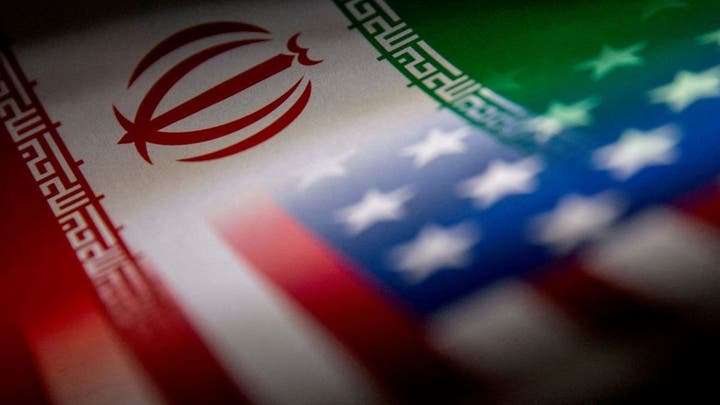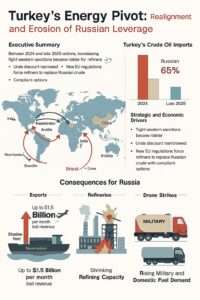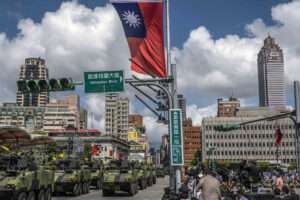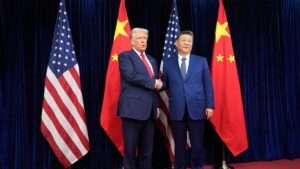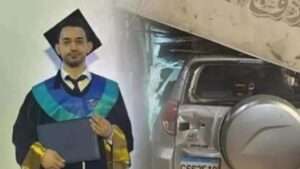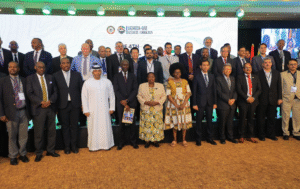By Tim Frazer
Iraqi sovereignty today is no longer contested only in the halls of government, the corridors of diplomacy, or the frontlines of armed groups. It is also being fought in bank headquarters, wire transfer rooms, and compliance audits. The Iraqi dinar continues to bleed hard currency, while billions flow quietly into Iranian accounts through a maze of private banks and shell companies operating under layers of political protection.
In this pivotal moment, the American consulting firm Oliver Wyman has emerged not as a typical advisory entity, but as a strategic enforcement instrument working in coordination with the U.S. Federal Reserve and JPMorgan Chase to supervise Iraqi banking operations and enforce international compliance standards. Its role is nothing less than the restructuring of Iraq’s financial sovereignty.
The numbers tell their own story: Iraq has roughly 100 banks, including 42 private banks, of which 40 are classified as suspicious in financial oversight reports. Fourteen of these have already faced punitive restrictions due to their involvement in illicit transfers. Among the most prominent are:
• International Islamic Bank
• Elaf Bank
• Al-Taif Islamic Bank
• Al-Rajih Bank
• Al-Thiqa International Islamic Bank
• Middle East Bank
• Al-Huda Bank
• Aor Islamic Bank
• Al-Ansari Bank
• United Investment Bank
• Al-Qabidh Bank
These are not simply financial institutions. They are corridors for capital flight.
They form the financial bloodstream through which Tehran sustains its influence inside Iraq.
Dollar smuggling is no longer merely an economic crime.
It has become a strategic financing mechanism for Iran—an Iran that is under sanctions pressure and in need of cash liquidity. Through false invoices, counterfeit import documentation, and faction-controlled money exchanges, Iraq has become Tehran’s oxygen tank.
In response, Oliver Wyman has introduced a structural shock plan that goes far beyond technical reform:
• Reduce the number of banks from ~100 to ~20 that pass strict compliance.
• Impose significantly higher capital reserve requirements.
• Vet board members and senior executives for political and factional ties.
• Install digital identity systems to track real-time financial transactions.
• Restructure the dollar auction to prevent laundering at its source.
This is not just financial policy.
This is the reassertion of the Iraqi state over its own currency.
Yet the path is anything but smooth.
Many of the banks involved are tied to powerful networks—political alliances, militia-linked business groups, border smuggling rings, and “shadow regulators” inside state institutions. Any genuine reform effort collides instantly with:
• entrenched corruption,
• patronage economies,
• armed faction influence over customs and border control,
• and a political culture resistant to accountability.
Thus, the issue transcends banking oversight.
It is a confrontation between the idea of a sovereign state and the reality of a parallel financial state operating in its shadow.
The United States seeks to dry up Iran’s financial lifelines through Iraq.
The Iraqi government seeks to restore the dignity and authority of the dinar.
Which side wins depends on whether Baghdad can assert its will over its own economy, or whether private interests, factional networks, and external influence continue to warp the system.
Experts estimate the reforms will require two to three years of disciplined, uninterrupted implementation. But any retreat—any compromise with the old system—would return Iraq to currency hemorrhage, renewed sanctions pressure, and deeper financial dependency.
Every dollar smuggled out of Iraq is not merely a monetary loss.
It is a direct blow to sovereignty.
It is the quiet erosion of the country’s ability to determine its own future.
The battle of Iraq’s banks is not a technical fight.
It is a struggle over who governs the state — Baghdad or Tehran.

